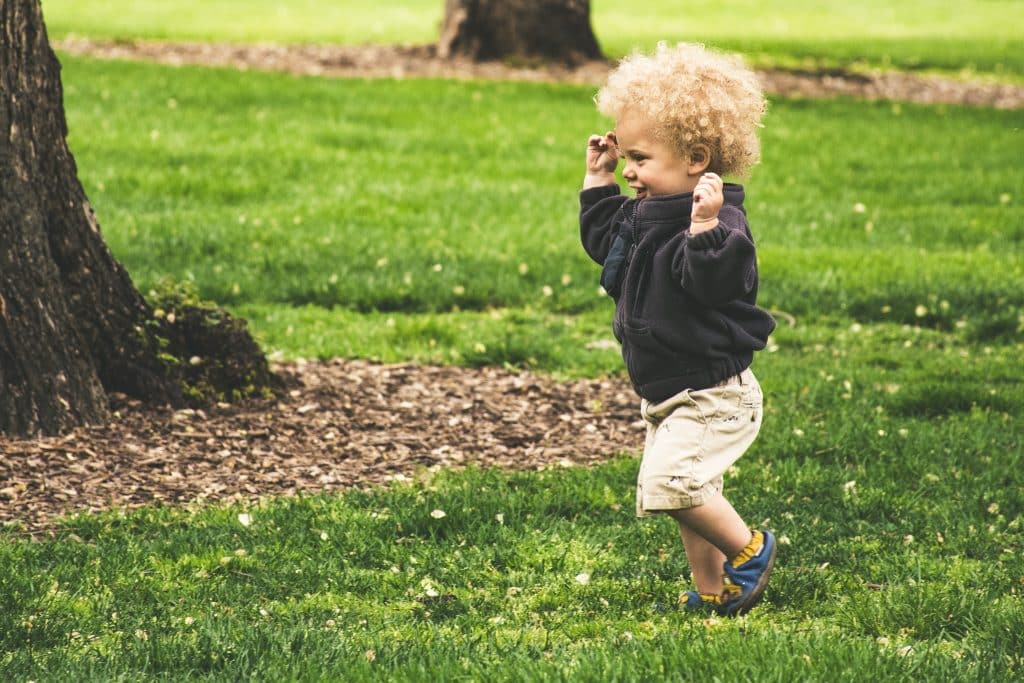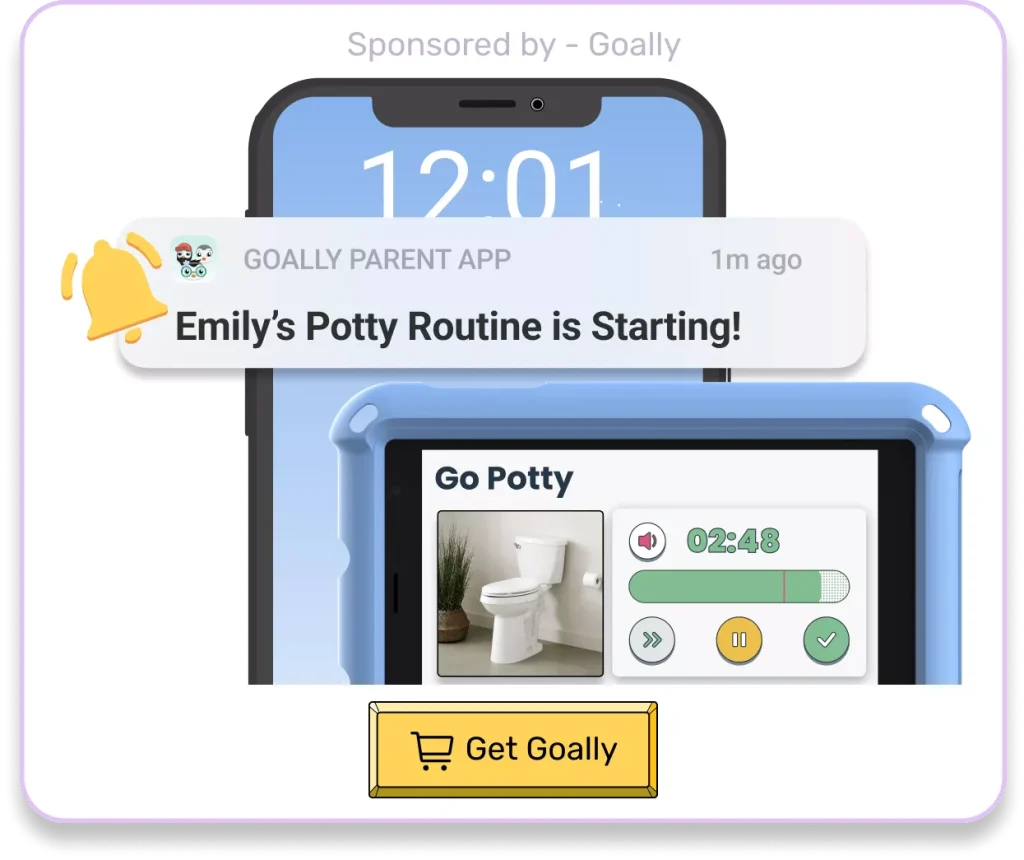As a parent, you’re always on the lookout for your child’s milestones and development. The 18-month autism screening is a crucial step in identifying early signs of autism spectrum disorder (ASD) in your child. In this blog post, we’ll discuss the importance of early detection, what to expect during the screening process, and how to support your neurodivergent child moving forward. With the right information and resources, you can confidently navigate this essential stage in your child’s development.
Table of Contents
Why Early Detection Matters
Firstly, early detection of autism is vital for several reasons. Most importantly, it allows for timely intervention, which can significantly improve a child’s long-term outcomes. Studies have shown that early intervention can lead to better communication, social skills, and overall functioning in neurodivergent kids. In addition, early detection can help parents and caregivers better understand their child’s unique needs and provide appropriate support.
Moreover, research indicates that the earlier a child receives intervention, the more effective it can be. This is because the brain is more adaptable during the early years, making it an ideal time for learning and growth. By identifying potential concerns through the 18-month autism screening, you can ensure your child receives the support they need as soon as possible.
What to Expect During the 18-Month Autism Screening
During the 18-month autism screening, your child’s pediatrician will assess their development using a standardized tool, such as the Modified Checklist for Autism in Toddlers (M-CHAT). This screening tool consists of a series of questions designed to identify potential signs of ASD. For example, the pediatrician may ask about your child’s eye contact, response to their name, and interest in playing with others.

Read more: Autism Quiz Toddler
However, it’s essential to remember that this screening is not a definitive diagnosis. Instead, it serves as an initial step in identifying potential concerns. If your child’s screening results indicate a possible risk for ASD, your pediatrician will likely refer you to a specialist for further evaluation.
Supporting Your Child After the Screening
Regardless of the screening outcome, it’s crucial to continue supporting your child’s development. For kids with thinking and learning differences, early intervention is key. Here are some steps you can take to help your child thrive:
- Seek professional help: If your child is referred for further evaluation, work closely with specialists to develop an individualized plan tailored to your child’s needs.
- Stay informed: Educate yourself about autism and available resources to better understand and support your child.
- Encourage social interaction: Provide opportunities for your child to engage with peers and develop social skills through playdates, group activities, and community programs.
- Focus on strengths: Celebrate your child’s unique abilities and interests, and encourage their growth in these areas.
- Be patient and flexible: Understand that progress may be slow, and adapt your expectations and strategies as needed.

Read more: What is Childhood Autism?
Using tools like Goally can also help support your child’s development. Goally offers a learning tablet for kids and apps specifically designed for neurodivergent children, making it easier for parents to provide the right support and resources.
Additional Resources for Parents
In addition to professional support, there are numerous resources available to help parents of neurodivergent kids. Some of these include:
- Online forums and support groups: Connect with other parents who have similar experiences and share advice, encouragement, and resources.
- Books and articles: Read up on the latest research, strategies, and personal stories related to autism and neurodiversity.
- Workshops and conferences: Attend events focused on autism and related topics to learn from experts and network with other parents and professionals.
- Local organizations: Reach out to local autism support organizations for information, resources, and community connections.
Furthermore, Goally’s blog and resources can provide valuable information and support for parents navigating the world of neurodiversity.
Goally | Visual Scheduler for Autism
Does your child struggle with getting ready in the morning independently? Goally’s routine app on the best tablet for kids breaks down large tasks into small, achievable steps for autistic kids. Create custom routines with your own videos & pictures for every step.
Embrace the Journey
In short, the 18-month autism screening is a critical step in identifying early signs of ASD and ensuring your child receives the support they need. By staying informed, seeking professional help, and connecting with resources, you can help your neurodivergent child reach their full potential. Remember, every child’s journey is unique, and with love, patience, and understanding, you can navigate this path together.
FAQ’s About 18 Month Autism Screening
What is the purpose of screening for autism in 18-month-old children? Screening for autism at 18 months aims to identify early signs and symptoms, allowing for early intervention and support.
What are some common red flags to look for during autism screening at 18 months? Lack of eye contact, limited gestures, delayed speech, repetitive behaviors, and social withdrawal can be red flags during autism screening at 18 months.
How is autism screening conducted for 18-month-old children? Autism screening at 18 months often involves structured observations, developmental assessments, and parental questionnaires to evaluate a child's behavior and communication skills.
Can autism be definitively diagnosed at 18 months? A definitive diagnosis of autism is typically challenging at 18 months, but screening can help identify potential risk factors and guide further evaluation.
What should I do if my child shows signs of autism during the screening at 18 months? If your child shows signs of autism during the screening at 18 months, consult with your pediatrician or a developmental specialist to discuss next steps, such as further evaluation or early intervention services.
This post was originally published on 05/29/2023. It was updated on 04/18/2024.

Goally
We help parents teach their kids life skills, like doing bedtime and morning independently. Backed by science, we incorporate evidence-based practices and expert-informed designs in all of our apps and content.







